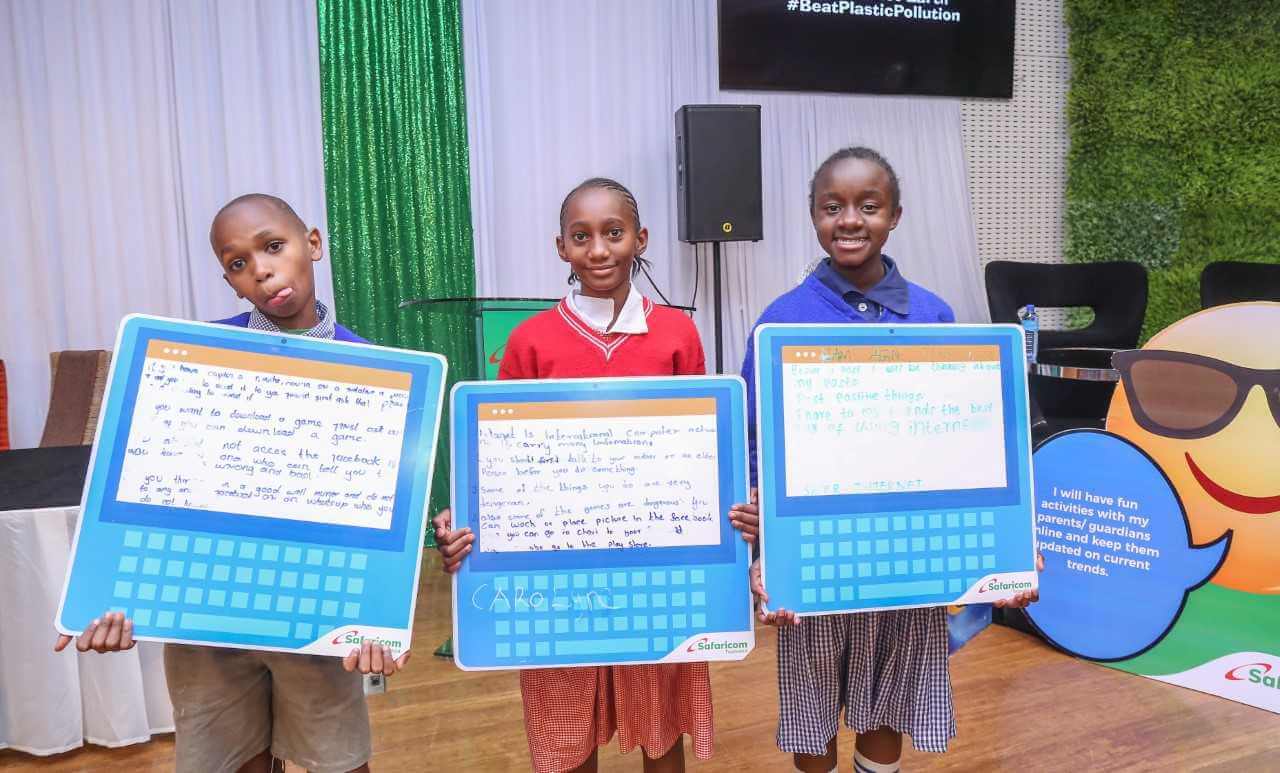advertisement
The world is better together on safer internet
Today marked the Safer Internet Day with a call for collaboration at a time when corporate privacy scandals, global ransomware…

Today marked the Safer Internet Day with a call for collaboration at a time when corporate privacy scandals, global ransomware epidemics, nation-state attacks and the regrettably fast-expanding cyber-criminal world all threaten to tear the internet apart according to Eugene Kaspersky, CEO of Kaspersky Lab.
The 2109 Safer Internet Day themed: “Together for a better internet” was certainly an apt one considering that Facebook partnered with more than 20 African NGOs for Safer Internet Day 2019.
In line with Facebook’s commitment to building a safer online world for all, it supported the Safer Internet Day with a campaign spanning 15-plus African countries. The campaign was aimed at raising awareness about Internet safety and security concerns such as cyber bullying and cyber-crime.
advertisement
“We know that safety is a shared conversation, which is why we are excited to be working with so many stakeholders around the continent to make the Internet a better place,” says Sherry Dzinoreva, Public Policy Programs Lead at Facebook Africa. “Together, with Safer Internet Day as a platform, we can address emerging online concerns, so that people and especially children and the youth, can get the most from their Internet experience.”

The campaign covers most of sub Saharan Africa, including Benin, Cameroon, the Central African Republic, Côte d’Ivoire, the Democratic Republic of Congo, Ghana, Kenya, Malawi, Mauritius, Nigeria, Senegal, South Africa, Tanzania, Uganda, Zambia and Zimbabwe.
Separately Safaricom hosted an event to mark the SID in collaboration with the Communications Authority, United Nations Children’s Fund (UNICEF), GSM Association (GSMA) and African Telecommunications Union (ATU) among others who sought to raise awareness about the opportunities presented by the internet as an enabler, but at the same time address the risks faced by young users.
advertisement
“We see the internet as a resource that all children should have access to, safely. Ensuring the safety of young internet users means encouraging them, and their parents, to adopt what we’re calling the 4Rs: Respect, Responsibility, Reasoning and Resilience. In this way, they can tap into the opportunities provided by the internet, while at the same time learning how to identify and deal with the risks associated with being online including cyber-bullying, radicalization and exposure to inappropriate content,” said Sanda Ojiambo – Head of Corporate Responsibility, Safaricom.

The early concept of the internet as a tool for bringing the world closer together is being eroded, with pressure on companies and governments to shore up their defenses in the face of increasingly sophisticated threats from multiple actors said Kaspersky in an analysis.
advertisement

According to Kaspersky, the recent increased attacks against government organisations and infrastructure, as well as against supply chains and individuals, nations are placing a major demand on the need to protect citizens and industries as and the easiest way to do that is by shutting the door. “As a result, our industry – cyber-security – faces being broken up and separated along geopolitical and regulatory lines, making it much harder for us to protect anyone and everyone,” said Kaspersky.
Karsperky further noted that as trust among nations erodes, the internet risks becoming increasingly militarised, with more cyber-weapons being created to see off another country’s threats. However, there’s always a risk that those weapons can (and indeed they do) fall into the hands of cyber-criminals who have no affiliation to any nation and who instead use them simply to make money or wreak havoc, not caring about who is affected in the process.
“Cyber-criminals will relish the opportunities afforded by reduced international competition as they continue to exploit fear and innovate free of national borders,” said Kaspersky.
Cybersecurity is now faced with a choice: fragmentation and isolation – in line with nations’ shutting each other out and a breakdown of international projects; or the braver and more challenging task of increased collaboration and shared intelligence.
In his analysis, Kaspersky noted that authorities from various countries now need a united community against cyber-threats that know no borders. An open landscape that fosters a vibrant, competitive cyber-security industry leads to better technologies and stronger protection for all. Fragmentation on the other hand only disrupts our combined ability to fight back against the criminals.